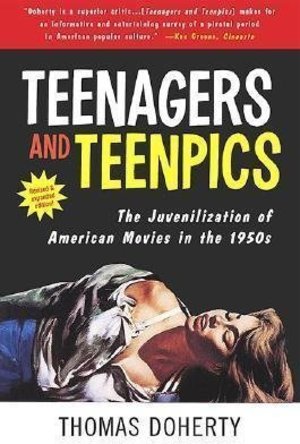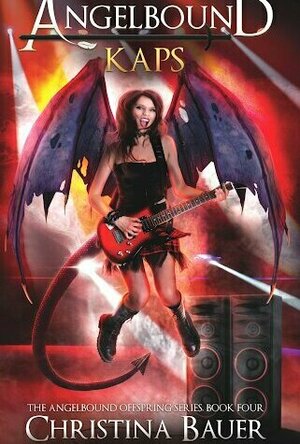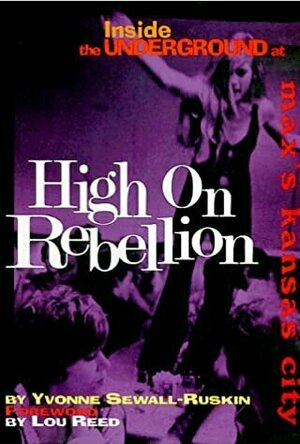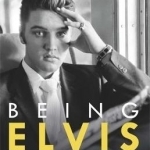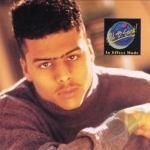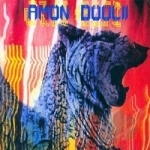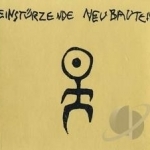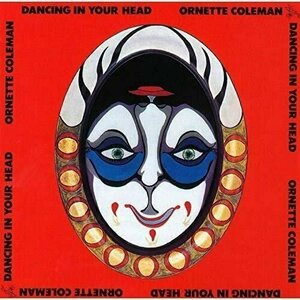"At the end of 1980, Glenn Branca had a tour booked so I quit my day job to go on it, so on the one level it was kind of this fulfillment – ‘wow I’m actually going to go on a fucking rock & roll tour, how great is this?’ And I think it was the end of me having day jobs in New York, which was kind of also an amazing thing to think about. The first tour was in the US and it was wrapped up in all this kind of weird stuff.
We were on the West Coast when Lennon was shot. He was one of my great early heroes and one of the reasons why I was involved in any of this stuff to begin with, and he gets shot while I’m on my first rock & roll tour. It felt kind of heavy in a certain way. A few months later we went to Europe and when we played Berlin, Neubauten was the opening act and it was their second ever gig. So I got to see them at the very beginning and meet all those guys.
Sheet metal music on cymbal stands - they were really just putting it together at that point, their music also progressed really fast in the early period, but this was just an early primitive version of what they were doing. I met all of those guys, Mufti and Blixa and Alexander and Alex and I some German relatives so I had an affinity with Germany to begin with, and we became friends right away, so I’ve known them since the early 80s, when they really started doing their thing it was this parallel rise to what Sonic Youth was doing.
We came out of New York, out of the stuff that was coming out of New York and Black Flag and Minutemen the West Coast stuff, but at the same time all this stuff that was going on in England – the Birthday Party, was there at that point and we had met them, and in that same early period Lydia Lunch had taken us to one of the last Birthday Party shows in New York and we met Nick, Rowland (S. Howard), Mick Harvey and all those guys. Shortly after that when Sonic Youth first started coming to England, the Bad Seeds wanted Sonic Youth to be their opening act.
Those early Neubauten records were just so impressive in what they were doing because again Blixa comes out of all this Germanic Berthold Brecht art music as well as this extreme stuff, and they took their extremism to welding torches and grinders on stage. It’s all music on a certain level, didn’t John Cage teach us that, or Stockhausen or Varèse? What Neubauten was doing was really coming out of this same climate of ‘we’ve got electric guitars on stage but we’ve also got noise-makers that could tie our music back to futurist music of the 20s’.
I think the really dominant thing about all these groups from that period was that these were no longer kids that grew up in middle America that heard rock & roll and put a band together in their garage after high school and just went out and did their thing, these were all people that were arts educated and went to university and were steeped into 20th century art making practice whether it was music, or visual art or experimental theatre.
For me I grew up with pop music on the radio in the kitchen of my house every morning before school, there was an AM radio blasting the latest 7” singles, you couldn’t get away from it, but at the same time I got educated in all this other stuff so all these people wanted to combine this stuff, they didn’t want to leave their education behind and pretend they were ruffians in the garage that were uneducated and idiots savants – kind of like the Stooges were a real version of that, although I couldn’t say enough about Iggy and his smartness. When Neubauten was doing that stuff it wasn’t tongue in cheek but it was marshalling a lot of different influences, not just simple pop influences.
This is some of the most remarkable music ever, and the shows they put on, they were dangerous in an extreme way with sparks flying off the stage. Sonic Youth played this famous show in the Mojave Desert in 1984, and Neubauten did one in the same series, within 4 or 5 months of our show. We had a lot of early symbiotic relationships with all those groups."
Source
